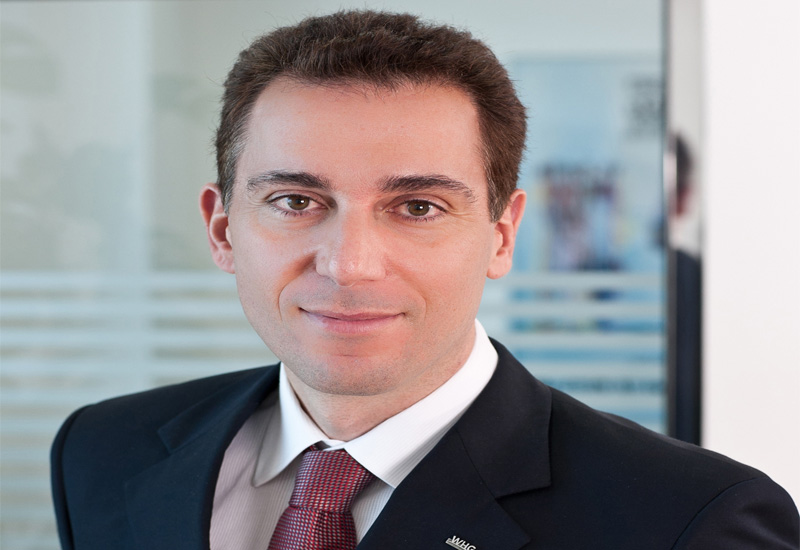A Question of Time
Hoteliers responded favourably to the announcement, but were concerned about the time scales involved.
Investors in new hotels will be granted a waiver on the fee for a period of four years from the date the permit to construct is granted and provided that this date is between October 1, 2013 and December 31, 2017.
Wyndham Hotel Group senior director of development, Middle East and Africa Panos Loupasis said the company welcomed the move from DTCM, but questioned the length of the validity period.

| Advertisement |
“We certainly agree that there is an opportunity to continue to add new midscale and economy hotels in the market and believe the proposed municipality fee waiver adds a further incentive above and beyond the existing supply and demand dynamics.
To capitalise on this opportunity, speed will be of the essence. As it can often take around two to three years to build a hotel and then a further period of time to achieve maximum occupancies, the full benefit of the fee waiver may only be realised over a period of a few months,” observed Loupasis.
“If the validity period were to be extended beyond the first four years, we believe this would further enhance the attractiveness of the midscale and economy sectors to prospective developers.”
The Rezidor Hotel Group director business development Middle East & Africa Elie Milky agreed that additional incentives were still needed.
“Such an incentive would drive owners to obtain their construction permits within the four-year window, thus bringing the construction period forward. Developers on the other hand should be working towards delivering the hotel project for the owner to benefit from the scheme,” he said.
“An incentive for developers would certainly add to the overall purpose and strategy.
Obtaining the construction permit before the end of 2017 may not guarantee the opening of the hotel in time for 2020, as any project carries several risks such as delays, lack of funding. Therefore, we would also strongly encourage an additional incentive for developers to help deliver the projects on time,” added Milky.
Looking at the bigger picture, however, he said the benefit to hotel operators would be the impact of increasing awareness of the mid-market hotel products they offered among investors.
“An increasing awareness among investors about the attractiveness of such a product, particularly in Dubai, along with maturing sub-markets in the emirate, will help produce opportunities for a stronger presence across the city. Additional incentives, perhaps for developers in delivering projects on time, would also help bring such projects to life,” suggested Milky.
Article continues on next page ...









 Search our database of more than 2,700 industry companies
Search our database of more than 2,700 industry companies









